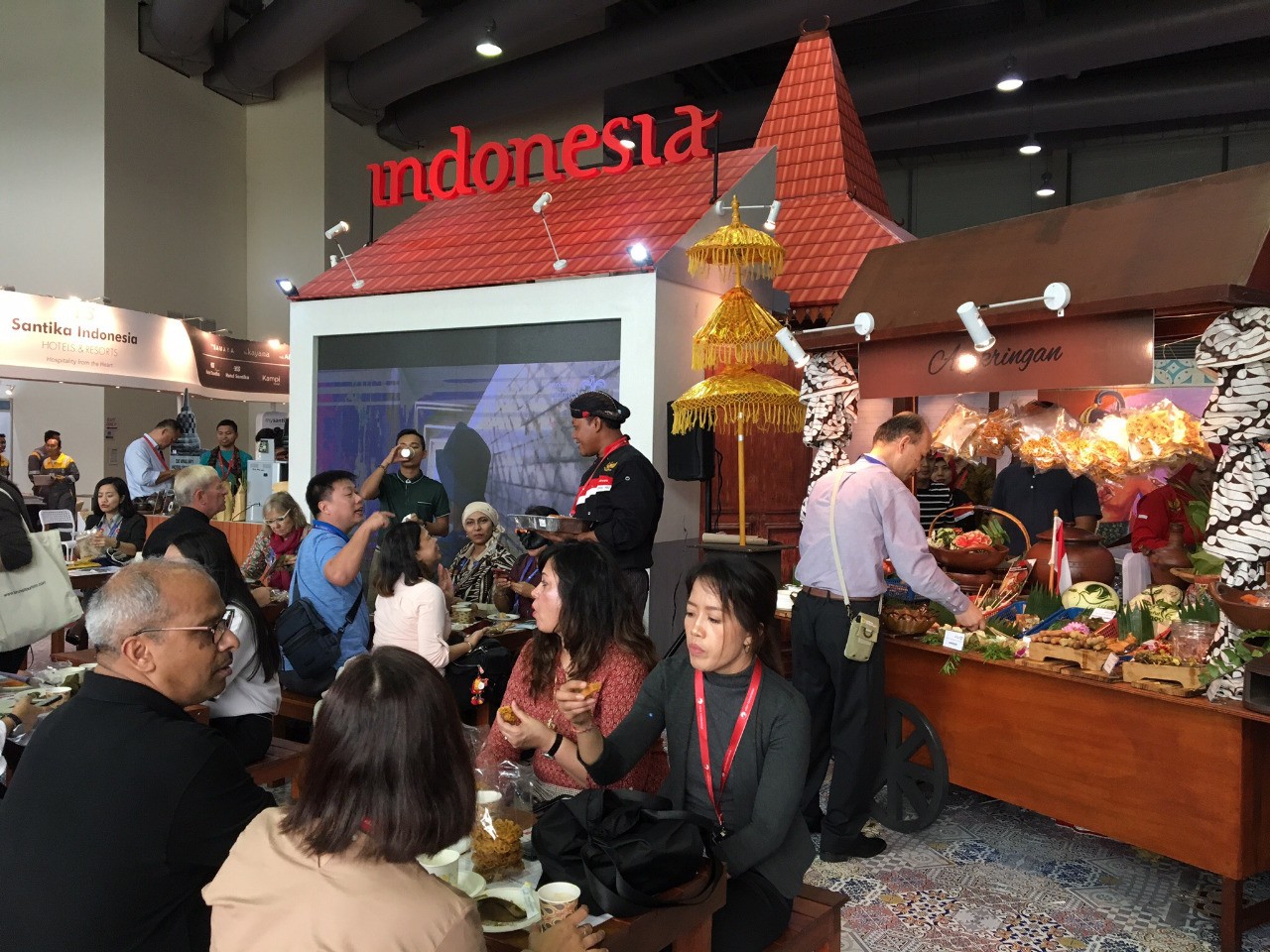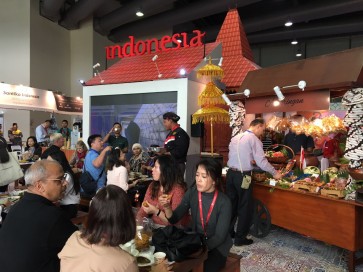Popular Reads
Top Results
Can't find what you're looking for?
View all search resultsPopular Reads
Top Results
Can't find what you're looking for?
View all search resultsExperts urge ASEAN to harmonize non-tariff barriers to boost intra-regional trade
Trade within the region remains low due to non-tariff measures enforced by ASEAN members such as trade quotas, licenses, regulations, label requirements, price controls and anticompetitive measures
Change text size
Gift Premium Articles
to Anyone
R
esearchers from the Economic Research Institute for ASEAN and East Asia (ERIA) and the Center for Indonesian Policy Studies (CIPS) have advised ASEAN countries to harmonize their non-tariff measures (NTMs) to boost intra-regional trade.
With the adoption of the Asian Trade in Goods Agreement (ATIGA), six members of the association, namely Brunei, Indonesia, Malaysia, the Philippines, Singapore and Thailand, have eliminated import duties on 99.6 percent of their tariff line, while four members, Cambodia, Lao PDR, Myanmar and Vietnam, have reduced their import duties to between 0 and 5 percent on 98.86 percent of their tariff line.
However, the researchers said that trade in the region remained low due to NTM policies enforced in ASEAN countries, such as trade quotas, licenses, regulations, label requirements, price controls and anticompetitive measures.
In 2019, Indonesia’s exports to ASEAN countries totaled US$35 billion, or 23 percent of the country’s total exports, while its non-oil and gas imports totaled $29 billion, or 19.6 percent of its total non-oil and gas imports, according to Statistics Indonesia’s (BPS) data.
“To improve trade performance, regional trade agreements must go beyond trade liberalization in order to provide tangible benefits. Overcoming NTM and other trade facilitation issues must be the core of a transparent, actionable and realistic work program,” ERIA policy fellow and trade expert Salvador Buban said in a statement.
CIPS researcher Felippe Amanta said that, in ASEAN, NTMs were usually used to control the amount of traded goods through quota enforcement, adding that NTMs also impacted prices, as packaging and labeling requirements increased trade costs.
ERIA’s study found 192 NTM regulations in Indonesia and 977 coded NTMs in 2019, an increase of 14 percent from 169 NTM regulations in 2015. Overall, 9,502 NTMs were enforced by ASEAN countries in 2018, an increase of 15 percent from 8,237 in 2015.


















